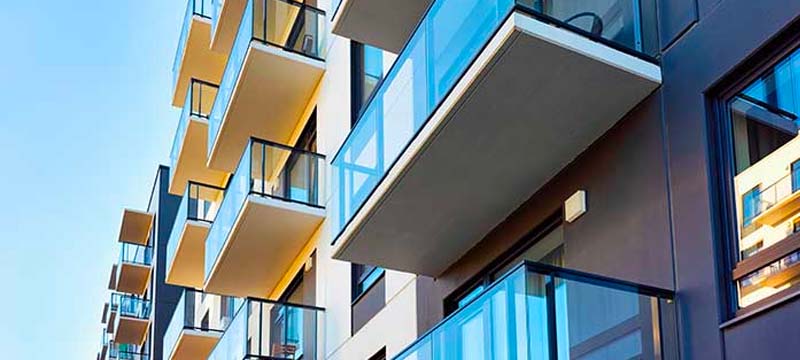Can I Extend a Leasehold Agreement?
When you own a property based on a leasehold agreement, can allow problems in the future that include having a negative effect on the value of the property and obtaining finance. The longer you own the property, the shorter the lease becomes and can sometimes result in making it impossible to obtain a mortgage on properties such as flats with short leases.
With that said, you do have the right to extend your lease under the Leasehold Reform Housing and Urban Development Act (1993).
You could extend a leasehold agreement by 90 years if you own a flat, or by 50 years if you own the lease on a house.
Why you should extend your lease
If your lease term drops below 80 years, it can significantly reduce the value of your apartment. The less time remaining, the more value of the property you will lose when it’s time to sell.
The reason is, when a lease falls below 80 years, the leaseholder is required to pay 50% of the flat’s value that would be gained from extending, to the freeholder. The value gained is normally referred to as the ‘Marriage Value’. This of course, can represent a substantial amount, which is why it’s more expensive and difficult to extend and thus making it less attractive to potential buyers.
How to extend your leasehold agreement
So now that you know why you should extend your lease, it is also worth knowing how you can do it. With any luck, you may be able to come to an agreement with your freeholder by simply asking them directly. You will need to find out the premium that they want and what the terms are. If you can come to an agreement, your solicitor will process the legal documents for you. He or she will start by checking the title and existing lease agreement and draft the extending version.
However, it isn’t always as easy as that which means you will need to consider taking a more formal route. If an agreement cannot be made, your solicitor can check that you are entitled to extend the lease, and providing that you are, will then serve a Section 42 Notice on the Freeholder.
Following this, the Freeholder will then have to respond with whether they accept your position to a lease extension, or not. Most often than not, the Freeholder will accept an agreement, however both yourself and the Freeholder will need to instruct surveyors to assess the value of extending the lease. Your solicitor can negotiate with the other side a price based on the survey and hopefully come to an agreement.
If for whatever reason, such as complex terms or you cannot agree on the premium, you may want to consider taking the Freeholder to a Property Tribunal.
Why not speak to one of our expert conveyancers to find out how we can help with extending your lease? You only need to ask the question. Get in touch, by filling out our online contact form below, or call the office on 023 8023 4433. You can also find out more about our conveyancing services here.
Please be aware that nothing in this article constitutes legal advice on which you should rely. This article is published for general information only and professional legal advice should always be sought before taking any action related to or relying on the content of this article. Our Terms apply to this article.




